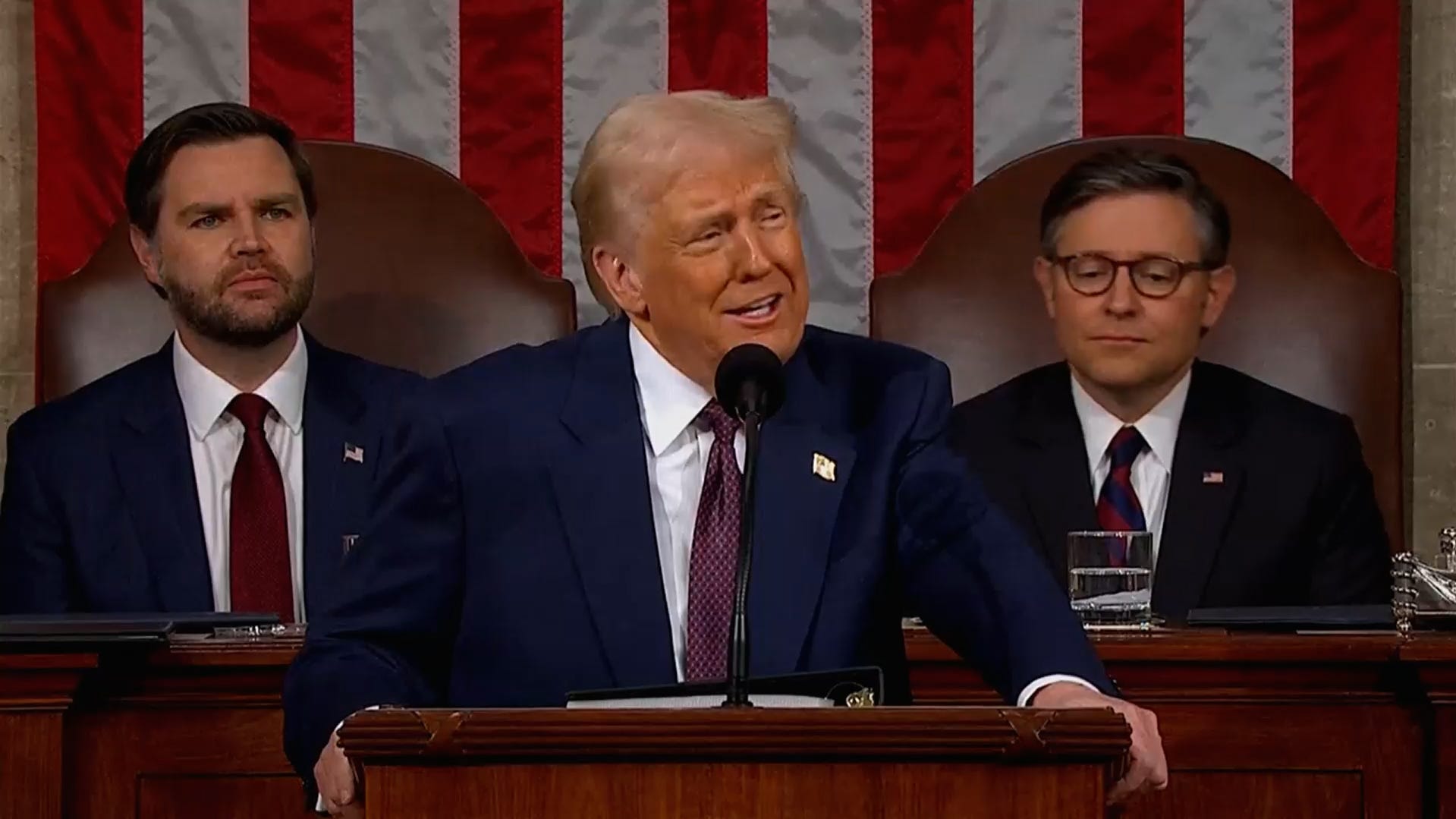‘Woke no longer’? What are woke policies and what has President Trump done to end them?

President Trump's vow the United States "will be woke no longer" during his March 4 address to a joint session of Congress continues to reverberate in California and across the country.
Woke or wokeness was a target of the president's campaign during the election season and since the start of his second presidential term, Trump has rolled back federal policies and initiatives that he declared "woke."
But what is woke, and what are woke policies? And how will the end of woke impact Americans? Let's take a look.
What is woke?
In a polarized political environment like the one currently in the United States, a charged term like "woke" can mean different things to different people.
"If you ask people what woke is, I think what they mean is they want to stand against people who are engaging in some type of advocacy for marginalized people," Andra Gillespie, political scientist at Emory University, told Paste BN.
"It's kind of this lumping together of anybody whose views could be construed as being progressive on issues related to identity and civil rights."
Conservative activists, lawmakers and politicians have used the term "woke" as a slam against progressive values and liberal initiatives.
Where did woke originate?
Black Americans have used the term "woke" since at least the early-to-mid 20th century to mean being alert to racial and social injustice.
A version of the term was first used by Pan-African activist Marcus Garvey as early as 1923. It was later popularized by Blues artists such as Lead Belly, who used it when singing about the Scottsboro Boys, a group of nine Black teenagers who were falsely accused of raping two white women on a train in northeast Alabama in 1931.
As the Black Lives Matter movement began after the police killing of Michael Brown in Ferguson, Missouri in 2014, "woke" expanded outside of Black communities into the larger public lexicon.
What are woke policies, according to Trump?
President Trump uses the word "woke" to include issues and associated policies that touch on the lives of minority groups, including women, immigrants and LGBTQ+ individuals.
LGBTQ rights: A movement advocating for the equal treatment and elimination of discriminatory policies hurting lesbian, gay, bisexual, transgender and queer people, according to Britannica.
Gender-affirming care: Access to services such as mental health, medical, surgical and nonmedical services for nonbinary and transgender people, according to the Office of Population Affairs.
DEI/diversity, equity and inclusion measures: A form of hiring and employee retention meant to reduce biases and improve the accessibility of jobs for disenfranchised minorities. Companies such as Harley-Davidson and Tractor Supply have faced boycotts over these measures.
Critical race theory: A social and intellectual movement that studies the relationship between race, racism and power, as described by theorists Richard Delgado and Jean Stefancic in their book, “Critical Race Theory: The Cutting Edge.”
What has President Trump done so far to end woke?
Since assuming office, President Trump has signed a number of executive orders and issued directives to federal agencies that are in keeping with his crusade against woke.
The Trump administration put on hold grant, loan and other financial assistance programs to give White House staffers time to assess them for "woke gender ideology."
The memo was quickly rescinded after a federal judge paused it, but the new president made his funding priorities clear: Programs that support diversity, equity and inclusion programs, transgender issues and environmental justice will not get White House backing.
President Trump has signed executive orders that would bar transgender student athletes from playing women’s sports, end DEI initiatives in the federal government and affirmative action in federal contracting, deny federal funding to "sanctuary" jurisdictions and withdraws federal recognition for transgender individuals.